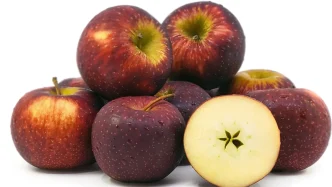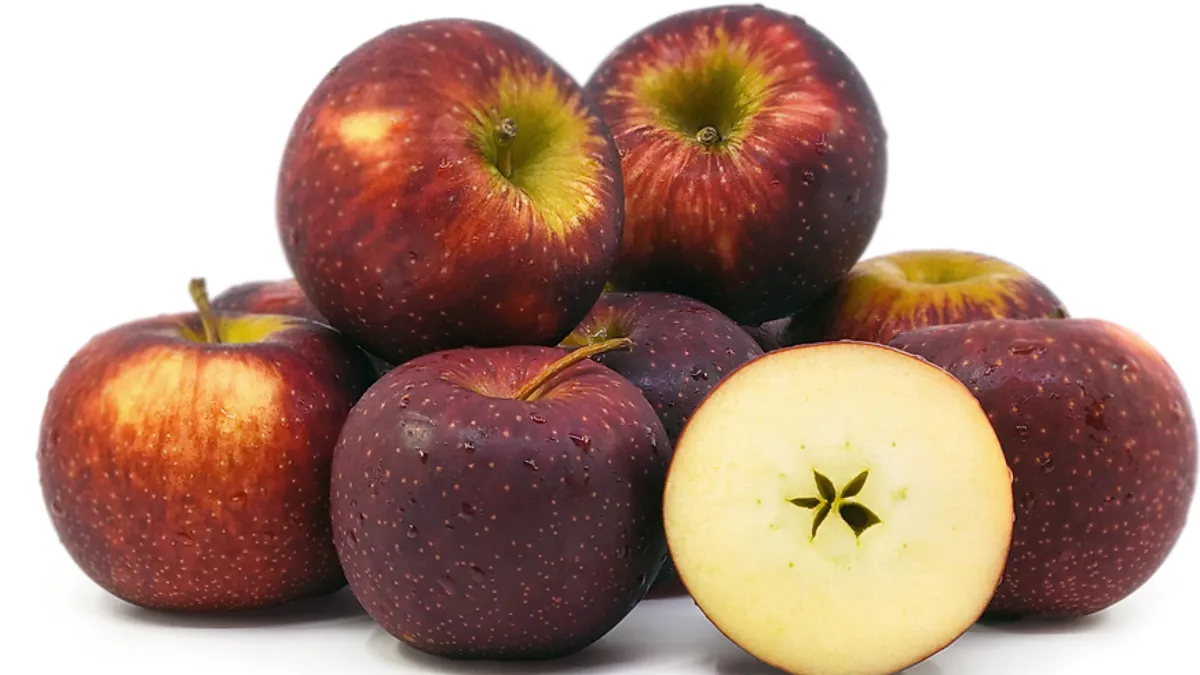In a significant policy shift, Malaysia’s Prime Minister Datuk Seri Anwar Ibrahim has announced that imported apples and oranges will be exempted from the Sales and Services Tax (SST), responding to widespread public demand. The decision, made by the Cabinet on June 25, 2025, comes as part of a broader review of the country’s tax policies on imported goods, reflecting a delicate balance between promoting local produce and addressing consumer preferences.
Public Pressure Drives Tax Exemption
The exemption for apples and oranges, announced by Anwar during the launch of the Kota Madani project in Precinct 19, Putrajaya, on June 26, 2025, marks a rare concession to public sentiment. Speaking to the media, the Prime Minister acknowledged the preference for these imported fruits despite the government’s push for local alternatives like papayas and bananas. “There will not be exemptions for other imported fruits as we have many local fruits to choose from. However, we compromise with apples and oranges as there have been many requests from the public” he stated.
This decision follows a targeted review of the SST rate announced on June 9, 2025, which aimed to maintain existing tax rates on essential goods while imposing rates of 5% or 10% on non-essential or discretionary items from July 1. On June 19, the government further clarified that it would reassess the SST’s application to selected imported goods, including fruits such as apples and mandarin oranges, signaling a willingness to adapt policies based on public feedback.
Balancing Local and Imported Goods
Anwar’s announcement was accompanied by a subtle nudge toward local produce. In his speech at the Kota Madani project launch, he advised Malaysians to opt for a “local banana a day” over imported apples, emphasizing the economic and cultural value of supporting domestic agriculture. Malaysia’s tropical climate supports a rich variety of fruits, and the government has long encouraged consumption of local produce to bolster farmers and reduce reliance on imports.
However, the exemption for apples and oranges highlights the challenges of shifting consumer habits. Imported fruits, often seen as premium or aspirational items, remain popular in urban centers like Kuala Lumpur, where vendors at markets and supermarkets cater to diverse tastes. The decision to exempt these specific fruits, while maintaining taxes on other imports, suggests a pragmatic approach—acknowledging public demand without fully opening the floodgates to foreign goods.
Economic Implications of the SST Review
The broader SST review, effective from July 1, 2025, aims to refine Malaysia’s tax framework by distinguishing between essential and non-essential goods. Essential items, including basic services, remain unaffected, a point underscored by banking associations which have reassured the public that core financial services will not face additional tax burdens. For non-essential goods, however, the new rates of 5% or 10% are intended to generate revenue while curbing discretionary spending.
Service providers exceeding a prescribed threshold—generally RM500,000 (US$106,000 as of June 27, 2025)—are required to register for service tax, though certain sectors have different limits. This policy is designed to ensure that larger businesses contribute fairly to the national coffers, while smaller vendors, such as fruit stall operators, are less likely to be impacted directly. Nevertheless, the ripple effects of tax policies on imported goods could influence pricing at the retail level, potentially affecting low-income consumers who rely on affordable imported options when local produce is out of season or priced higher due to supply constraints.
Economists have mixed views on the exemption. While some see it as a populist move to placate urban consumers, others argue it risks undermining the government’s long-term goal of self-sufficiency in agriculture. “Exempting specific imported fruits could set a precedent for other goods, complicating the SST framework” noted Dr. Noraini Hassan, an economist at Universiti Malaya. She added that while the immediate impact on revenue may be minimal, the symbolic message—prioritizing consumer choice over local industry—could have lasting effects on policy coherence.
Public Sentiment and Market Dynamics
Public reaction to the announcement has been largely positive, particularly among urban dwellers who value access to a variety of fruits. In Kuala Lumpur, where imported apples and oranges are staples in many households, vendors at local markets anticipate a boost in sales. “Customers ask for apples all the time, especially for children’s snacks. This will help keep prices stable” said Ahmad Razak, a fruit stall owner in the city’s bustling Chow Kit Market.
Yet, not all are convinced. Rural farmers, who rely on the sale of local fruits like durians, mangoes, and bananas, worry that the exemption sends the wrong signal. “We work hard to grow quality fruits, but people still want foreign apples. The government should promote us more” lamented Siti Aminah, a papaya farmer from Johor. Her concerns reflect a broader tension between globalization and local economies, a dynamic that Malaysia’s policymakers must navigate carefully.
Market data underscores this divide. According to the Department of Statistics Malaysia, imports of apples and oranges accounted for approximately 15% of the country’s fruit import value in 2024, with demand concentrated in urban areas. Meanwhile, local fruit production has struggled with issues like fluctuating yields due to climate change and limited marketing support, challenges that tax exemptions for imports do little to address directly.
Regional Context and Policy Challenges
Malaysia’s decision to tweak its SST policies must also be viewed in a regional context. Neighboring countries like Thailand and Indonesia have implemented similar tax adjustments in recent years to balance consumer needs with domestic agricultural interests. Thailand, for instance, imposes selective import duties on luxury fruits while offering subsidies to local growers, a model Malaysia could consider. Indonesia, on the other hand, has faced public backlash over high import taxes on essential goods, a cautionary tale for Anwar’s administration as it fine-tunes its approach.
Domestically, the SST exemption for apples and oranges raises questions about equity. Critics argue that the policy disproportionately benefits wealthier consumers who can afford imported goods, while doing little for rural communities dependent on local fruit sales. Addressing this disparity may require complementary measures, such as increased subsidies for small-scale farmers or public campaigns to elevate the appeal of local produce.
Looking Ahead: A Test for Policy Adaptability
As Malaysia rolls out its revised SST framework, the exemption for imported apples and oranges will serve as a litmus test for the government’s ability to balance competing interests. While the move has garnered public approval in the short term, its long-term impact on local agriculture and fiscal policy remains uncertain. Anwar’s administration faces the challenge of fostering economic resilience without alienating key constituencies, a tightrope walk that will likely shape future tax decisions.
For now, urban consumers can look forward to more affordable apples and oranges on their supermarket shelves, while vendors in markets across Kuala Lumpur and beyond adapt to shifting demand. Whether this policy marks a genuine compromise or a temporary concession, one thing is clear: the debate over local versus imported goods is far from over.















